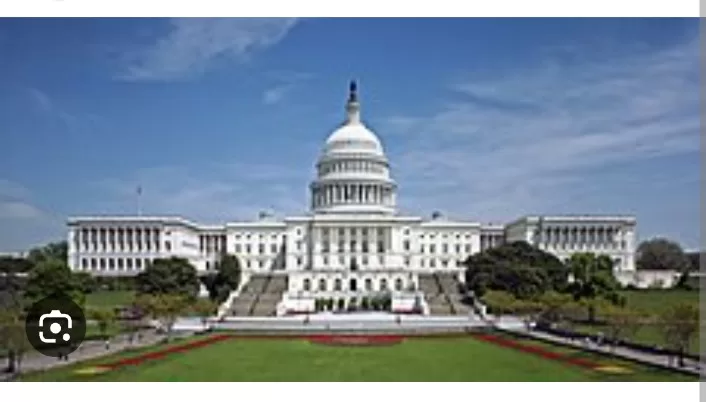In a noteworthy development on Capitol Hill, a Republican legislator has set forth an amendment within the hallowed halls of the House of Representatives, targeting the annual appropriations legislation. This proposed amendment seeks to sever the financial lifeline tethering the United States to Pakistan, with the express aim of dissuading what is perceived as a “crackdown on political dissent” in the South Asian nation.
The proponent of this bold legislative maneuver is none other than Tennessee’s distinguished Republican representative, Andy Ogles. Should this amendment gain traction and ultimately find its place within the legislative framework, it would proscribe the U.S. Department of Defence from extending its benevolent hand to Pakistan in light of a sustained campaign of repression orchestrated by Pakistan’s military establishment and its civilian cohorts.
A recent exposé by The Intercept, renowned for its incisive investigative journalism, had previously unveiled a cryptic cipher instrumental in orchestrating the political upheaval that unseated the PTI government. Interestingly, their report underscores a curious phenomenon: a resurgence in military cooperation between Pakistan and the United States subsequent to the ousting of Imran Khan. Notably, the Pakistani military has assumed the role of a significant supplier of military aid to Ukraine, a geopolitical development that has not gone unnoticed.
In the realm of legislative realities, it is pertinent to acknowledge that the proposed amendment, while audacious, stands as an extreme long shot. Nevertheless, its very introduction serves as a resounding echo of mounting apprehensions transcending partisan boundaries regarding the erosion of democratic norms in Pakistan.
In a parallel legislative narrative, during the deliberations surrounding the National Defense Authorization Act earlier this summer, Democratic Representative Greg Casar of Texas proffered an amendment of his own. This particular amendment aimed to direct the State Department to undertake a comprehensive study on the subject of democratic backsliding in Pakistan. Regrettably, it did not find favor for a floor vote within the august chambers of the House.
Within the contours of the annual appropriations legislation lies the crucial question of whether foreign military financing for Pakistan, intended to bolster counterterrorism and counterinsurgency capabilities, shall continue unabated. A pivotal caveat has been etched into this financial flow, stipulating that prior to the disbursement of funds, the U.S. Secretary of State shall furnish congressional committees with a meticulous report. This report shall illuminate the extent of financial backing and other forms of support provided by the government of Pakistan to educational institutions affiliated with, or under the aegis of, the Taliban or any domestic or foreign terrorist organizations operating within Pakistan’s borders.
Furthermore, the Secretary is tasked with the responsibility of apprising Congress about Pakistan’s cooperation with the United States in expeditiously granting visas to American visitors and facilitating access for humanitarian organizations to detainees, internally displaced individuals, and other Pakistani civilians ensnared in the crucible of regional conflicts.
Crucially, the Secretary is also mandated to provide a comprehensive assessment to Congress, elucidating the extent to which the Pakistani government is actively fostering and fortifying the tenets of democracy within its borders.
In a newsprint inked with deliberation and nuance, this legislative confluence emerges as a reflection of the intricate tapestry of U.S.-Pakistan relations, where geostrategic considerations and democratic ideals find themselves entwined in a delicate dance on the global stage.







